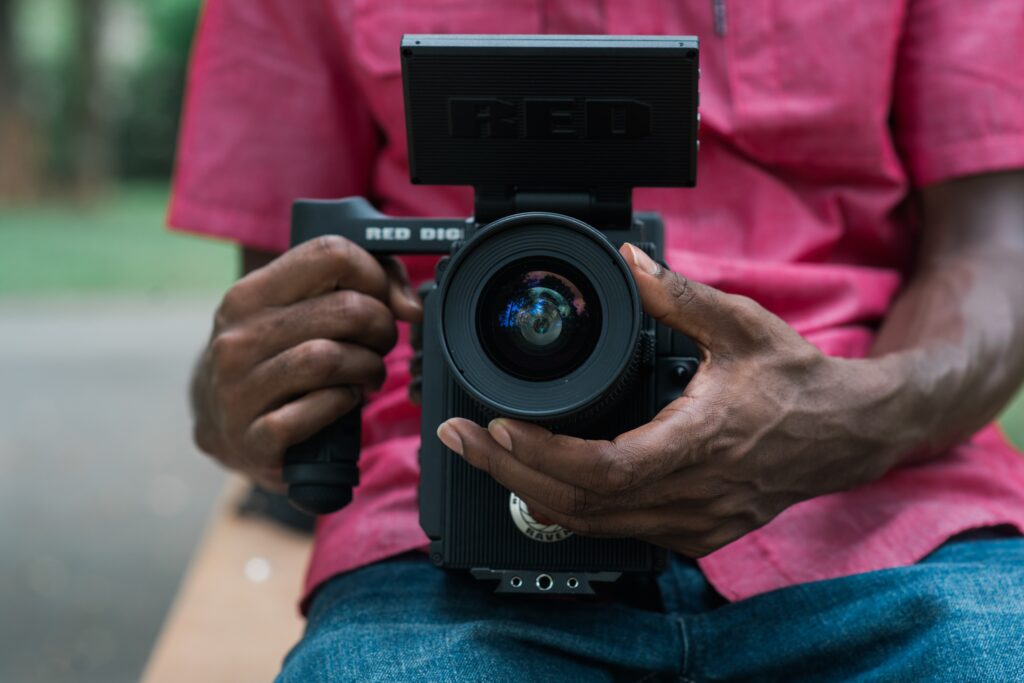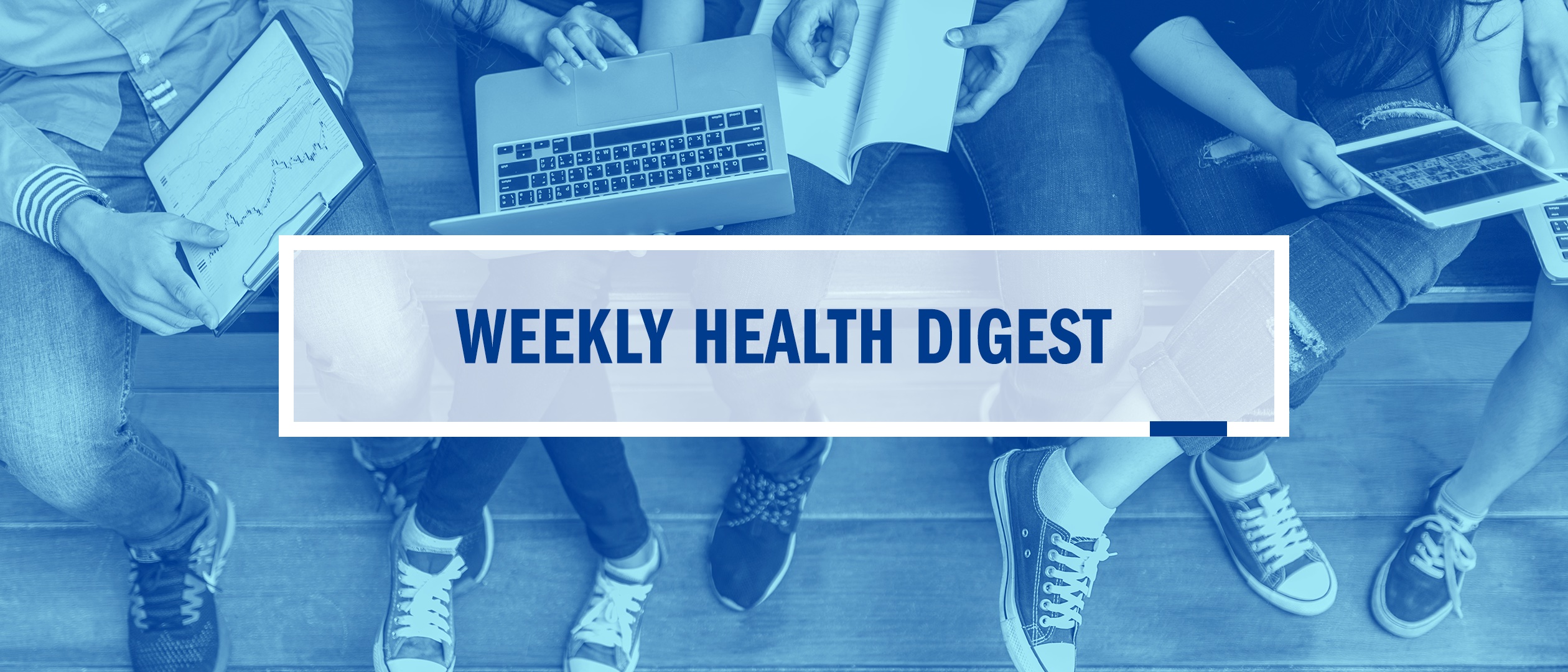New from the @EmoryCSHH News Team:
Fear of privacy violations in wake of 23andMe bankruptcy and sale, another round of NIH lay-offs with more coming, how the body experiences pregnancy and recovery from childbirth, and Utah's water fluoridation ban.

Editor’s Note: Over the next several weeks, Destination HealthEU will feature pieces from students from the Center for the Study of Human Health. This piece is an introduction to six student essays about their experiences participating in Health 1, 2, 3’s classroom to community 4th level social marketing component. This program, as described below, aligns real-world interactions with academic learning outcomes in order to enrich student learning with authentic engagement.
By: Sara Thorpe
Health 1,2,3 is an empirically-driven academic health program housed in the Center for the Study of Human Health (CSHH) that aims to educate, engage, empower, and encourage students to develop and sustain healthy lifestyle behaviors starting their freshman year. Students who complete the series of three courses experience discovery and exploration of health while developing a unique array of personal and professional skills including but not limited to presenting, facilitating discussions, and applying active learning techniques. In support of the CSHH mission of fostering engaging, innovative scholarship that enables students to apply knowledge acquired in the classroom, the 4th level of the Health 1, 2, 3 program piloted a new path for student engagement that allowed students to apply concepts of social marketing to develop nutrition videos to support positive nutrition practices among their college peers. These videos will be promoted across Emory college social media platforms and featured at the Eagle Emporium in Emory’s student center.
Recognizing the essential role of experiential education in undergraduate education, the 4th-level component bridges the gap between academic learning and practical professional skills gained in the Health 1, 2, 3 program. For post-collegiate success, students need to not only be able to recall information learned in the classroom but also understand how to apply it within a broader complex context. This model takes students who have completed the Health 1, 2, 3 program and/or foundational courses in Human Health directly into the community under the mentorship of the Health 1, 2, 3 faculty team and 4th level partners to broaden student knowledge and translate their positive leadership, critical thinking, problem solving, and decision-making skills into real world applications.
The most eye-opening experience was having the hands-on experience filming my own concepts and storyboard ideas. Seeing the transition from research phase, to concept development, to filming helped me understand how research translates to action and ideas to support health
Human Health Student
In the Fall of 2019, Health 1, 2, 3 formed a partnership with the Media Lab and Student Production Studio within Woodruff library and Emory Dining to offer a novel opportunity to translate foundational knowledge acquired within the Health 1, 2, 3 program and Human Health courses to examine the application of social marketing principles for nutrition practices and behaviors among college students. Specifically, students applied research techniques to understand the main barriers and motivators for nutrition in a college context and used audience insight to develop strategic messages to influence the behavior a target audience through a video-based platform.
I am genuinely so proud to be part of this department!… Everything I learned was new and useful… Having the freedom to pursue any topic I was interested in, in any creative way I wanted, made this project not only engaging, but fun!…’m really grateful for every training and piece of feedback I received. It felt great to be making something I could call my own…I’m excited to do more, improve on the skills I’ve gained.
Human Health Student
By leveraging the resources and expertise of the media lab and studio production studio team, students were trained to utilize professional grade video production equipment and editing software to produce the high-quality videos featured in this series. As a result of this experience, students gained the opportunity to directly apply knowledge learned in the classroom in a practical application. As they express in their own articles to be posted in the coming weeks, students felt that this experience solidified concepts they had learned within the classroom within a professional environment. They also felt this to be a real-world experience that will help them stand out in the future.
It’s given me an idea of what one career in public health could look like and it’s very exciting!
Human Health Student
The feedback from students evidence the success of the social marketing path of the 4th level. The students’ reflections on the critical role that experiential learning plays in retaining theoretical concepts, accelerating learning, and putting academic knowledge into use solidifies the power of this model for undergraduate students. Over the course of the next couple of weeks, we will feature six blog posts from students who write about their personal reflections on their time in the 4th level opportunities.
I feel I’ve gained a surplus of knowledge as it relates to pertinent Health concepts and conveying them to an audience in a persuasive manner
Human Health Student
Next academic year, the Health 1, 2, 3 team and their partners aim to build upon this success by increasing student involvement in the 4th level component and revising content and processes in order to continue to meet both partner and student needs. To learn more about the Health 1, 2, 3 program or how to get involved with the social marketing path of 4th level experience, e-mail Health 1, 2, 3 Health Educator Sara Thorpe at [email protected]. Enrollment in this course is still available for 2020-2021 Academic Year.


